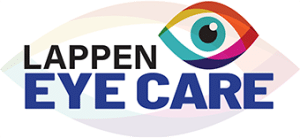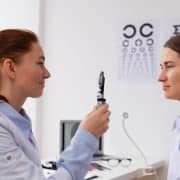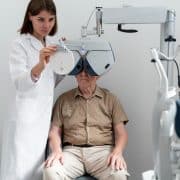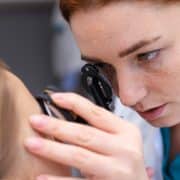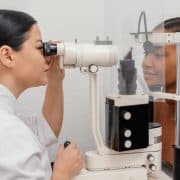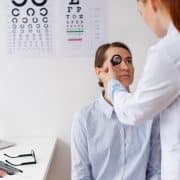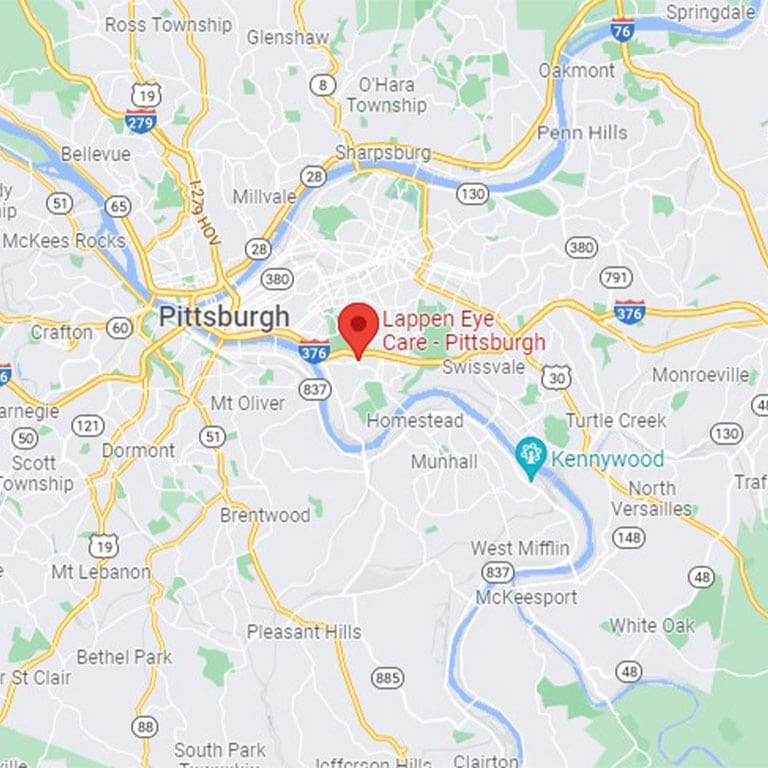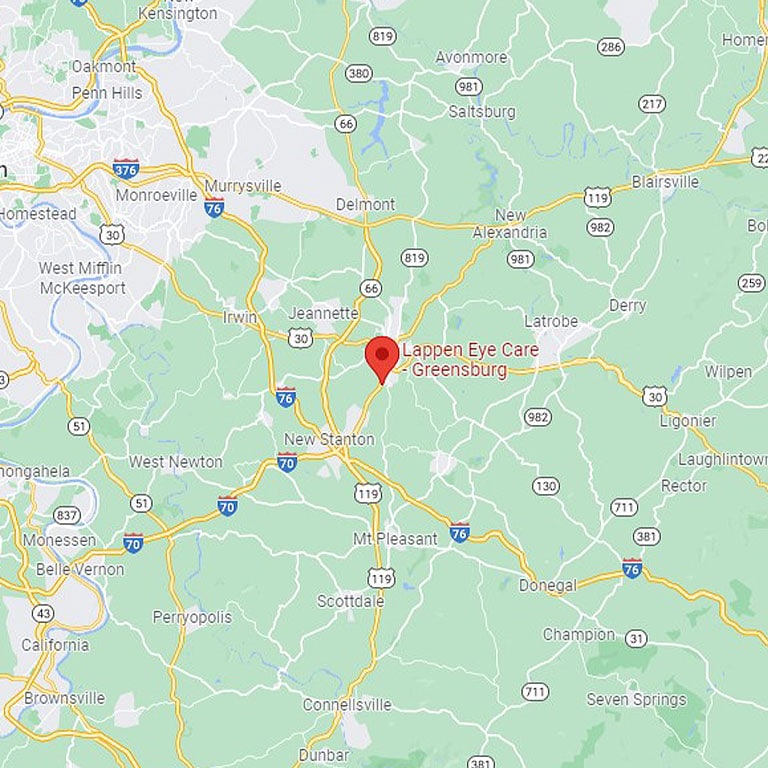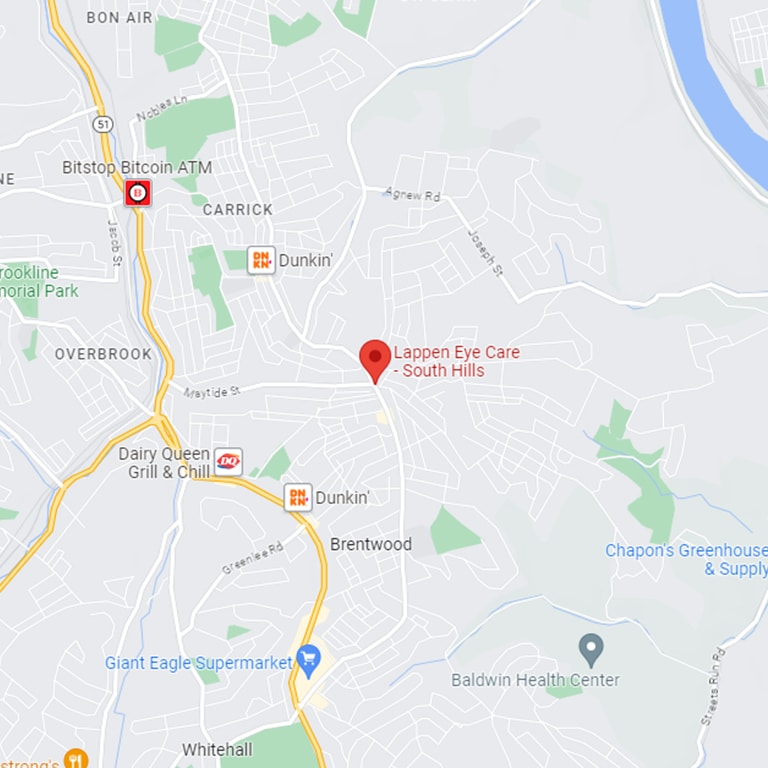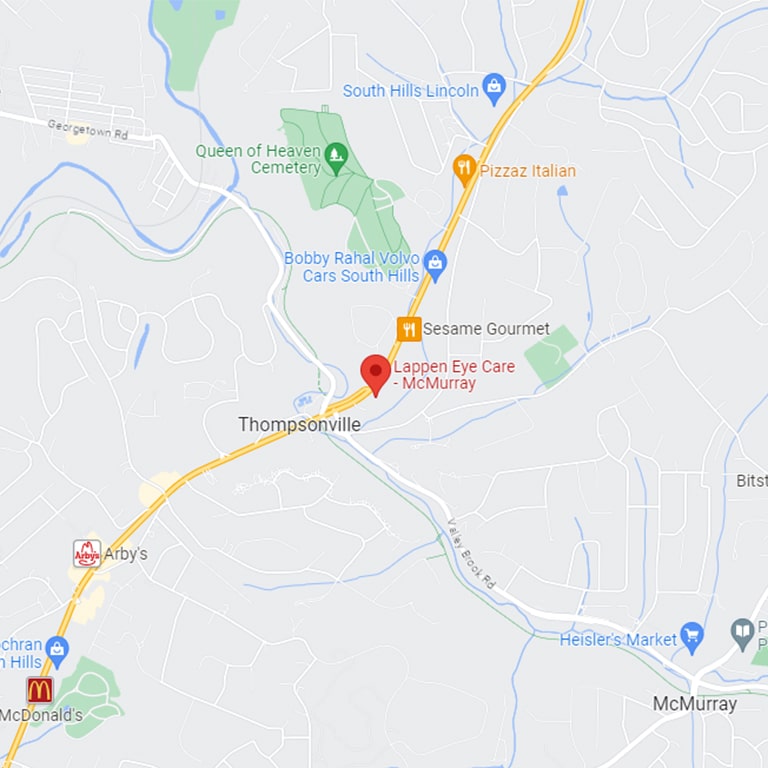How an Annual Eye Exam Can Lead to Better Overall Health
Did you know that the possibility of common diseases — including hypertension and diabetes — can sometimes be detected by a comprehensive eye exam and vision check at Lappen Eye Care long before other symptoms appear?
It’s true.
Because the eyes are, in effect, small windows to the way blood vessels, nerves, and connective tissues operate throughout the body, an eye exam can detect issues that may be particularly important in your effort to achieve lasting health and wellness.
Reasons to Schedule an Eye Exam
Changes in vision can be early warning signs of other diseases. Small changes in vision or tear formation can alert medical practitioners to the possibility of other diseases or conditions. Some potential early warning signs can point to certain cancers, heart disease, or autoimmune disorders. The modern diagnostic tools employed by Lappen Eye Care clinics in the Pittsburgh area allow us to look deep inside the structure of your eyes to determine abnormalities. If worrisome signs are present, your eye doctor will most likely recommend further screening by a specialist.
Some conditions an annual eye exam might detect, according to the American Institute of Ophthalmology, include:
- Cancers of the skin, blood, or tissues
- A brain tumor
- Diabetes
- Heart disease
- High blood pressure
- Elevated cholesterol levels
- Lyme disease
- Multiple sclerosis
- Rheumatoid arthritis
- Vitamin A deficiency
- Sexually transmitted disease
When to Heed Warning Signs
In all, there are more than 20 serious medical conditions that might be related to changes in eye structure or vision. That’s not to say that an eye exam should replace regular screenings by your medical team. But it’s also not a good reason to fear a visit to your vision specialist.
Eye or vision abnormalities you should pay attention to include eye pain, changes in pupil size, loss of side vision, blurred or double vision, extreme dryness or sensitivity to light, floaters, night blindness, redness or itchiness, or drooping eyelids. If you experience any of these symptoms, call for a screening.
The best idea, however, is to visit Lappen Eye Care regularly to take advantage of our expertise as well as our advanced diagnostic technology. Why not schedule your routine check-up now?

